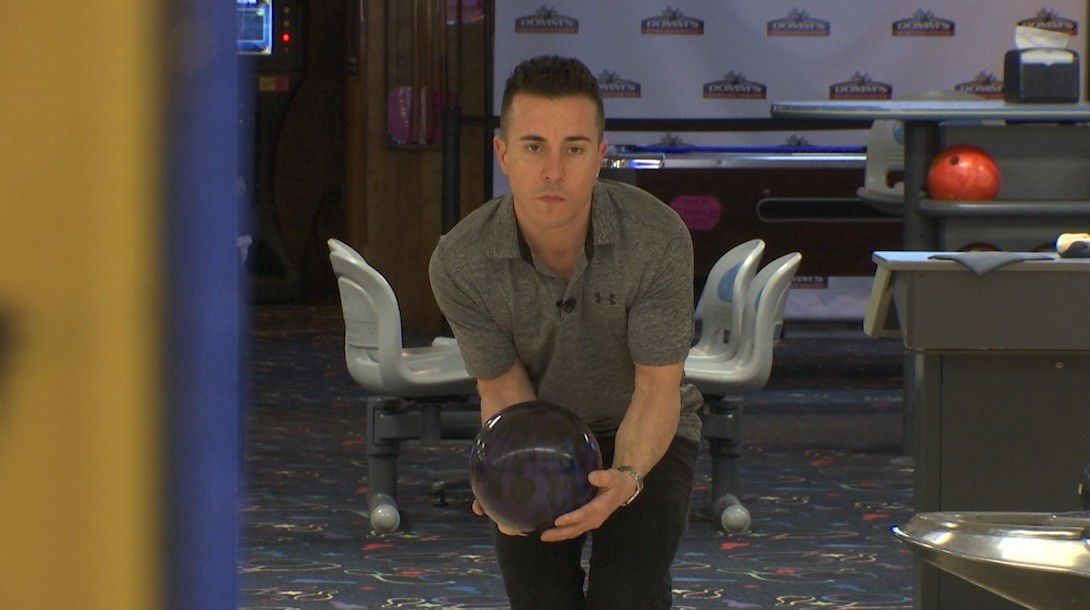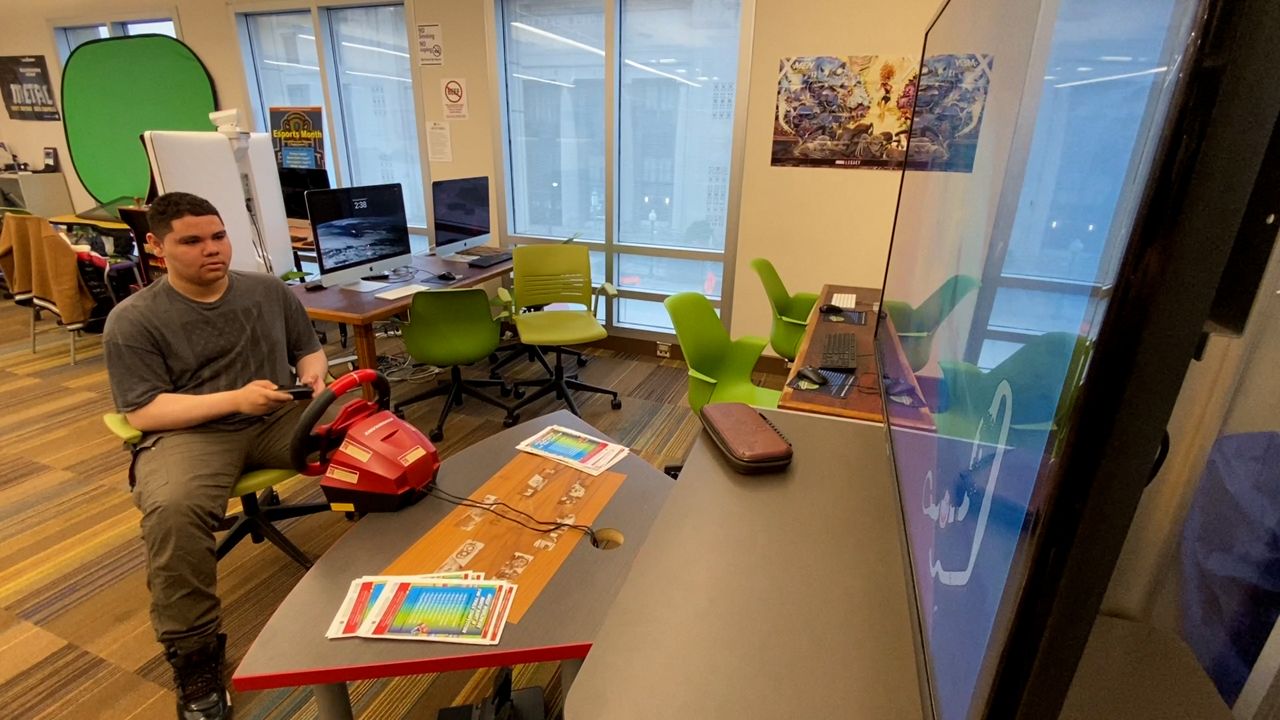ROCHESTER, N.Y. — Direct support professionals are individuals who provide people with disabilities help with their everyday needs. According to the state’s Office for People with Developmental Disabilities, there’s more than 100,000 across New York state. They’re an essential part of how Betsy Irish lives her everyday life.
“She requires assistance with every activity of life, dressing, bathing, toileting,” Her father, David Irish, explained, “You have to prepare meals for her [and] assist her with eating. She has to be transported to where she’s going to go,”
His daughter is developmentally disabled. She’s received care at a group home for more than 20 years.
“She’s developmentally disabled," Irish said. "She’s got cerebral palsy. She’s autistic. She has behavior issues that she requires psychiatric or behavioral support. The cerebral palsy is why she’s in the manual chair. You know, it’s the obvious things.”
Irish is retired and visits his daughter at her group home regularly. They often pass the time together reading children’s dictionaries together. He says it’s their favorite book.
“They’re all her favorite words,” he laughed.
Irish makes sure to keep their visits consistent because he fears it’s something the direct support professional industry lacks.
“There’s a lot of documentation to describe how folks are to be cared for. There’s life plans, plans of protection, there’s nursing plans, there’s prescriptions, there’s all kinds of documents, but for her to have a trusting and friendly relationship with staff, you need consistency,” her father explained. “You need people who understand what she likes, what she doesn’t like, what works for her, what doesn’t work for her, what’s important to her, what her triggers are that are going to set her off because she does have behavior issues. So consistency is very important to us.”
Cassandra White is a residential manager for the Arc of Monroe. She’s responsible for staffing at Betsy’s group home, in addition to making sure all of the residents have everything they need to live their lives as comfortably as possible.
“You definitely have to have a passion for this field," White said. "You definitely have to have a big heart for this."
However, the DSP industry has struggled to gather enough funding to pay the workers a competitive wage. White says the industry’s ability to retain staff has suffered.
“We have so many open positions, so many shifts on the board that we have to fill before we can actually go home and enjoy the weekend. We can start off in orientation with the 30 new hires. By the time the orientation starts, or maybe going into the first few days of orientation, we may end up with 10. So the turnover is very high,” she explained. “The number one reason is they get the job offer. If they’re job searching and we hire them first, but now they get that call that’s making them $25 an hour. Ultimately, they’re going to go that way."
DSPs are asking that a 3.2% cost of living increase be included in the state budget to help stop a revolving door. Budget negotiations are ongoing, but so far legislative leaders are supportive. Gov. Kathy Hochul proposed a 1.5% increase.
Without the additional funds, White says it's difficult to provide that consistent care to her residents, like Betsy.
“I’ve been working with Betsy now for maybe a year in this particular group home, but I’ve noticed that she struggles with new faces, and that’s always an issue," White said. "She’s very reluctant. I mean, if you think about someone new coming into your home with that high turnover, helping me brush my teeth, helping me show, you know, anybody would struggle with that. Just having that trust piece."
“The problem is that the not-for-profit service providers like the Arc of Monroe have not been getting adequate funding from the state of New York for a long, long time to pay folks who work in these residencies, the direct support professionals, a wage that is competitive, appropriate for the work they do is they these are demanding and challenging jobs that have to administer medications to folks," Irish said. "They’ve got to help folks with their daily living."
Irish says in addition to his consistent care for his daughter, he’s seen the benefits of the commitment from others to caring for Betsy.
“From time to time, there’s someone who is part of her life for an extended period of time and they develop a relationship with her," he explained. "They might become an advocate in the house. They understand her. They know that they can help her with community outings or whatever that is, that helps improve our quality of life. Yes, I’ve seen that many times. Unfortunately, it never lasts."
As budget negotiations continue, he pleads for more help caring for his daughter.
“The system was built by the state of New York to replace the horrors of institutionalization, but it hasn’t been maintained. It’s being allowed to fall apart. So where’s the priority in the state budget for folks like my daughter?” Irish asked. “Invest in them. Gov. Hochul said that years of underfunding and disinvestment in this sector was going to come to an end. But budgets are about priorities. The New York State budget has not done that, even though she has said that. So the message on the billboard is invest. People who are supported by service providers or folks with IDD are our fellow citizens, and society has an obligation to provide for their safety, their health and their quality of life. And it requires qualified professionals to support them. And it takes money. So invest it, invest in the system.”
Cost of Living Adjustments were included in the previous two budgets - coming in at 5.4% in 2022 and 4% last year.
Spectrum News 1 asked Gov. Kathy Hochul's office about the ask for a 3.2% adjustment this year. A spokesperson says, “Governor Hochul’s Executive Budget makes record-setting investments in New York’s future while ensuring the state remains on a stable long-term fiscal trajectory, and she will work with the Legislature to craft a final budget that achieves these goals.”








